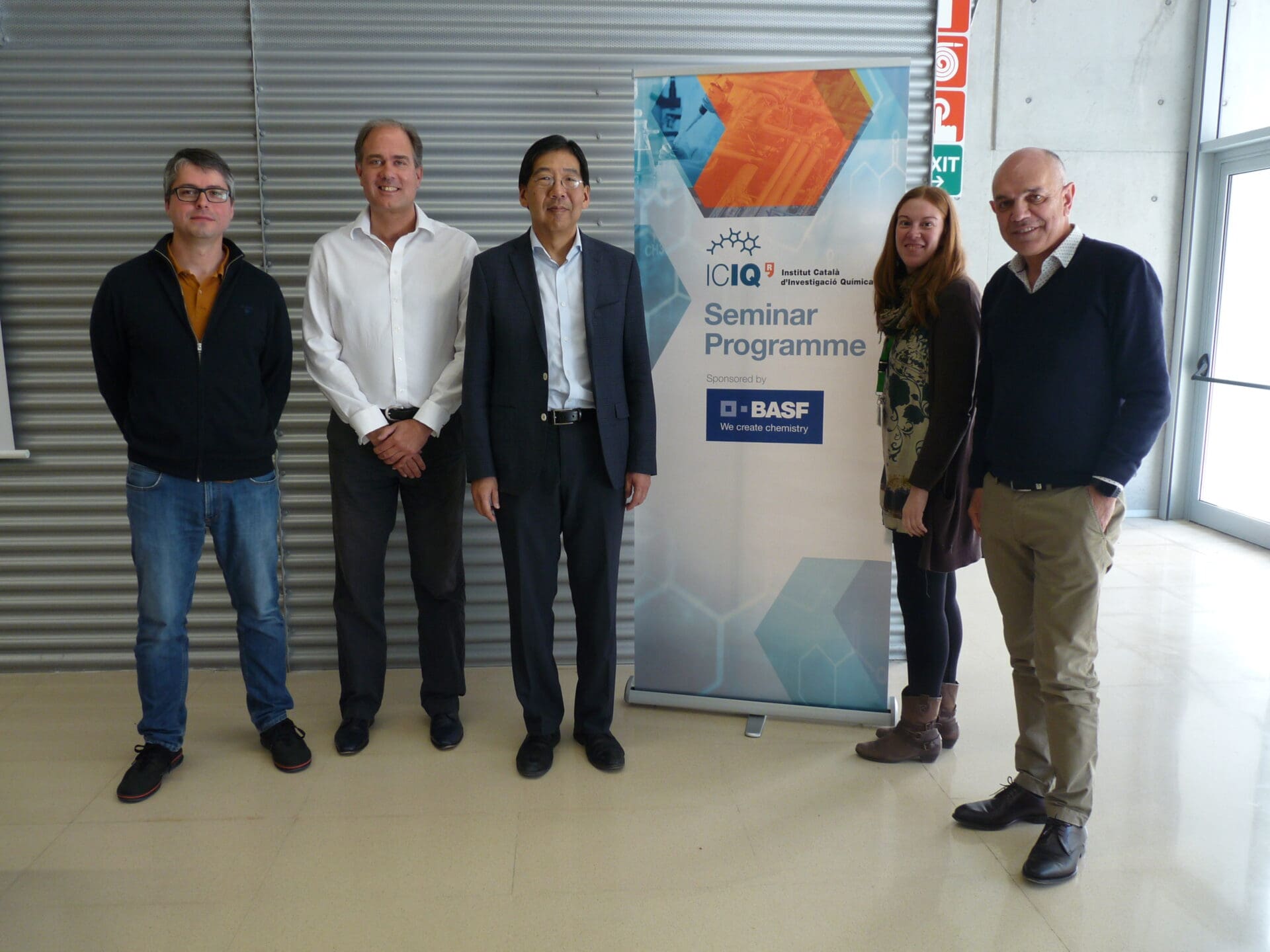
Carbene Complexes in Metathesis and Cyclopropanation: De Novo Mechanistic Design, Mechanistic Studies, and a Historical Twist
While catalysts have typically been discovered, not designed, we present mechanistic work directed towards the rational design of new reactivity. The mechanistic tools start with elementary reactions of reactive intermediates in the gas phase, and quantum chemical calculations, and proceed with reaction kinetics in solution to generate a new catalyst. The target transformation, a catalytic, electrophilic cyclopropanation without diazo compounds, fills a gap in synthetic methodology. Three new catalytic cycles were built, of which one—a nickel-catalyzed reaction—has a historical connection of considerable pedagogical value. Another one, based on palladium catalysis, has the scope and robustness to replace the Simmons-Smith reaction in industrial synthesis of cyclopropanated compounds. For both the Ni and Pd-catalyzed reactions, detailed mechanistic studies reveal aspects of the catalytic cycle which show how challenging it is to construct new reactivity de novo.
Other events

Let's create a brighter future
Join our team to work with renowned researchers, tackle groundbreaking
projects and contribute to meaningful scientific advancements
 27/03/2019
27/03/2019
 12:00
12:00



















